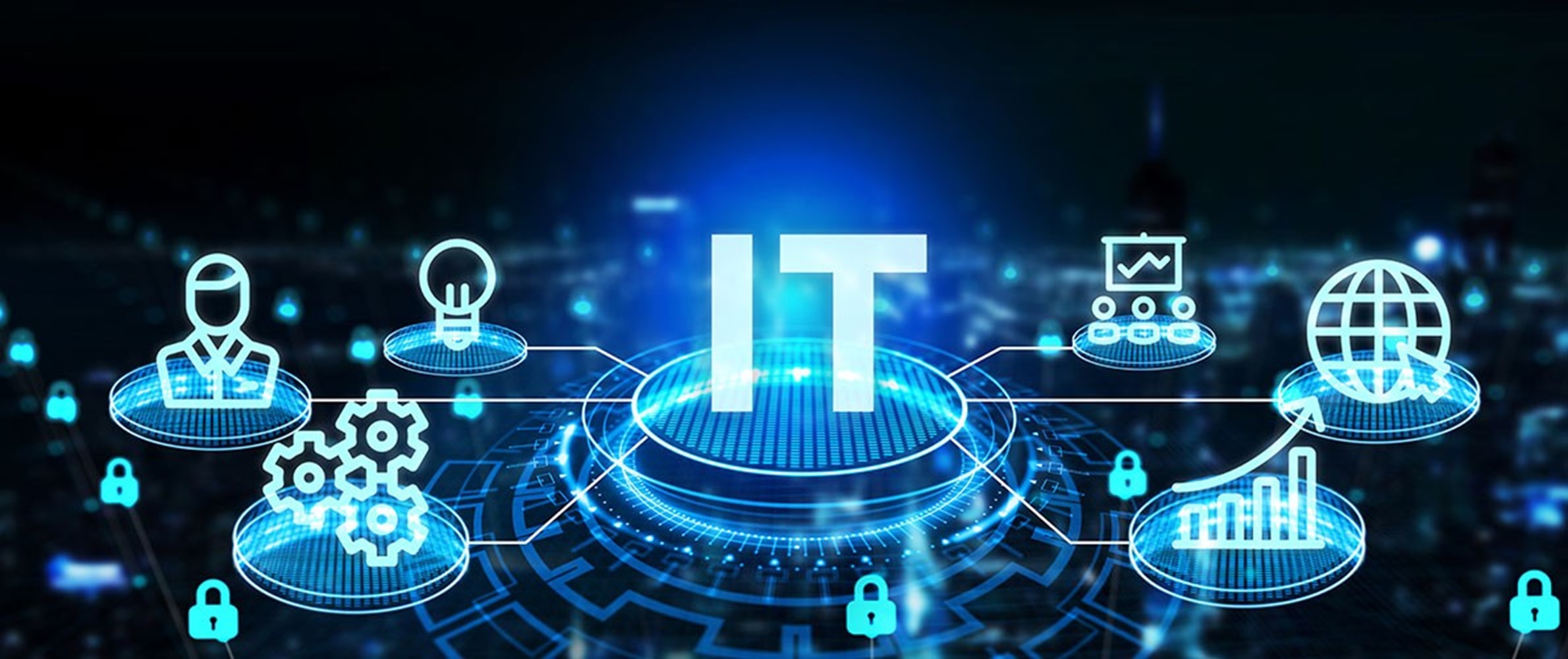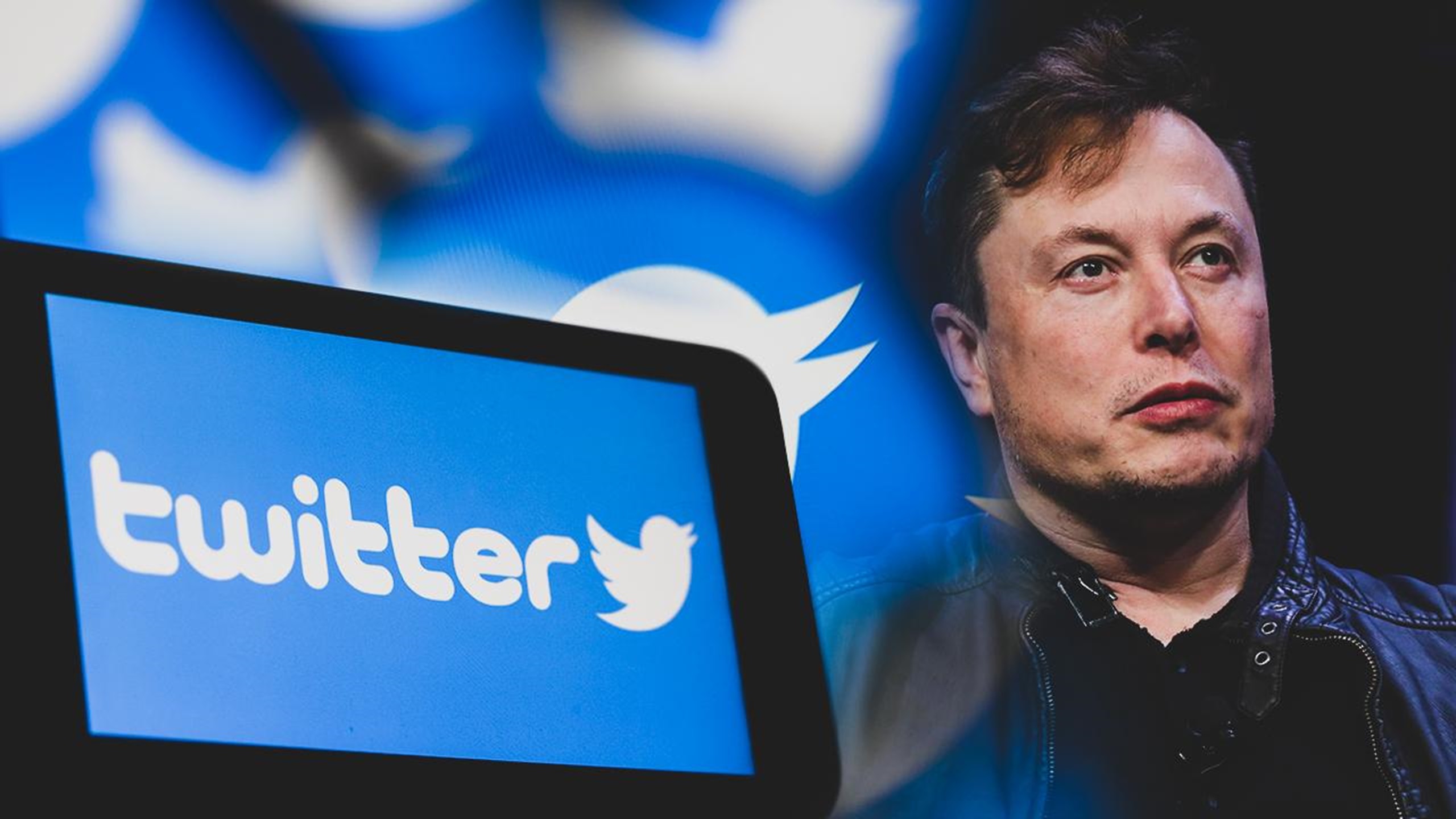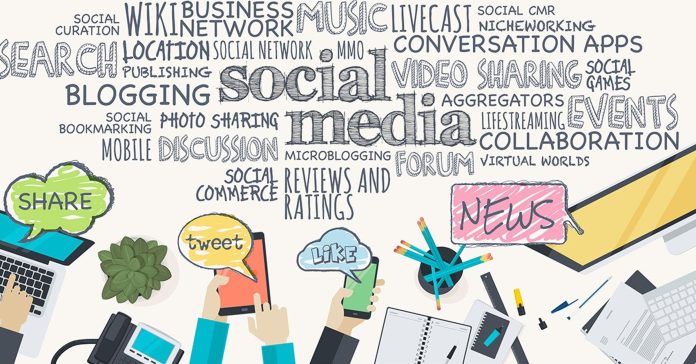- The advent of social media platforms has become so ubiquitous and omnipresent that the modern-day information-technology-driven global community would be left disoriented if there were outages for even a small amount of time. Such has been the presence of digitalization efforts and the accompanying social media platforms around the world, so we no longer can remain separated from the smartphones and the network services on offer. Undeniably, we must surge ahead in commensurate with the fast-changing times, and embracing social media platforms in one or the other form is quite imperative. As is the case with any matter/issue, there are advantages and disadvantages with this medium too.

PC: LinkedIn
- Unauthentic, unauthorized, unverified, and deepfakes have increasingly become a thorn in the smooth administration of government authorities around the world. Gullible people falling prey to social media information have unfailingly created a law-and-order problem in several countries. Notably, cybercrimes have assumed a significant presence alongside other conventional methods despite the efforts made to disseminate information about safe practices. No wonder, several countries are coming up with legislation to ensure social media platforms not only observe due diligence vis-à-vis data safety but also be accountable and answerable for the unpleasant situations created out of false alarms. The regulatory bodies are being set up to address this.
- Thus, the conflict between Big Tech and government authorities is inevitable. We saw one such instance in the recent detention of Telegram founder and CEO Pavel Durov in France. It is surprising, everyone seems to agree. Mind you, billionaire tech bros usually don’t get treated like this in democracies, no matter the angsty socio-political storms swirling around them. The thing on which opinion is divided is whether this is a dastardly attack on free speech. Fellow tech mogul Elon Musk insists it is. Further, the unprecedented liability shield enjoyed by social media giants, as Trump called it back in 2020, has come into question worldwide. There is still a lot of friction over how exactly content moderation should be done on these platforms.

PC: TRT Habber
- It’s unavoidable is now the broad consensus, including in India. Yes, Durov and company are right to stress how important free speech is to democracy. What about algorithms? Most content is being spread via heavy-duty mediation. For the uninitiated, the EU Digital Services Act, adopted in 2022, requires robust content moderation of the largest social media companies. It is nobody’s case that guardrails for factuality are easy or simple to build. What’s in question is how the social media giants construct teams to safeguard truth and safety, share core metrics data with the public, and improve overall transparency. The concerns of free speech apart, the people are better served by stronger content moderation teams and policies, even regulation for that matter.






